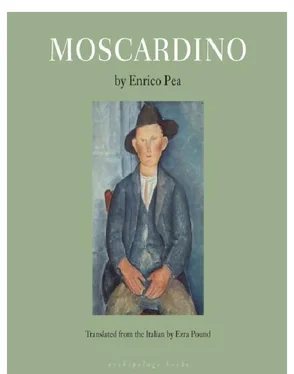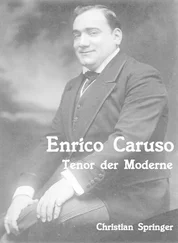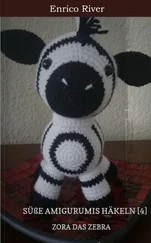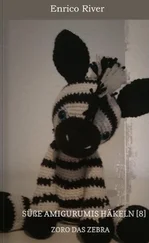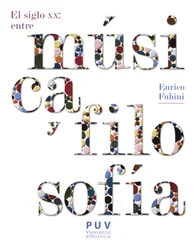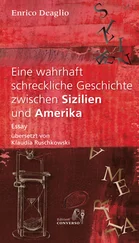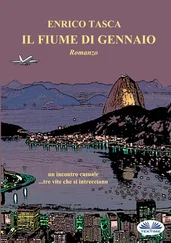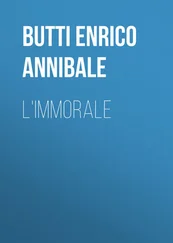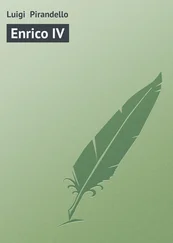And my grandfather grinned at him: Look how that rooster is laughin’, he’s laughin’ at you. He’s got an eye on you. He’s lookin’ at you with only one eye.
The cock was hunched up behind the lamp by the wall.
Every now and again he opened an eye at the sound of grandpop’s voice.
Look how he’s lookin’ at you!
See how red his eye is.
There’ll be claws to wake you in hell, you damn thief!
Perhaps you’ll turn into a crazy rooster, and the devil will send you to play jokes on old thieves, as this cock’s played one on you.
See how red his eye is, going round and round, his eyes are still burnin’ with hell fire.
The poor old buffer began to weep.
He made the sign of the cross, then got furious. He reached for his gun and it wasn’t there. My granddfather had hidden it first. Then he began to shake, and his teeth rattled as if he had caught a chill.
Then gran’pop started a devilish conversation with the rooster. He asked questions in a foreign language, and answered in a different voice.
He paid no attention to the old peasant who begged for mercy, trembling before him and the rooster.
I’m goin’ to die. I wanna confess. I don’t wanna be damned. Intercede for me Mr. Rooster.
And he clasped his hands before the cock, and finally got down on his knees on the floor.
Then gran’pop put a chair near him and put the rooster on it and then said: I am the Holy Ghost. Confess! Confess!
My granddad was right. The fig tree was too far from the boundary.
For fifty years our neighbor had taken the stones which came up with digging and plowing, and carried them to the boundary, and thus his land had spread over a yard and a half all along the edge. His property had been cleared, fondled from one end to the other.
In his vineyard the wine was now better because the old buzzard has shaken up the earth, taken out stones, taken out the bad vines, rooted up strawberry grapes and planted columbine and aleatico grapes.
Now the Christian labourer was old and about to die. He was leaving a perfect vineyard to his family and was receiving from God the reward of his labours, the sight of the Apuleian holy ghost to whom he could confess his sins before getting ready to pass on. . a divine favor.
That’s what my grandpop told him, and took him home late when the jag began to wear off.
On the way back we stopped near the fig tree. Grandpop paced off the distance to the boundary. I looked at the moon low over the sea. I saw the Ligurian hills and the roofs of the towns in the plain.
Two gun shots, one right after the other.
And the rattle of shot in the frosty grass between my bare feet, like the points of poison thorn, made me jump gasping: The old boy has shot himself!
No! he wanted to shoot us.
And granddad started down the boundary lane, talking of the frost that was bad for the vine shoots.

We passed the rest of that winter alone, granddad and I in the evenings with the light out.
I on the hearth stone, and grandpop on the straw stool, by the fire, the brand was of luminous olive wood and gave a lot of cinders and very little flame.
Long boring evenings ending with yawns so steady as to make young Buck weep, despite his being all ears and alert to hear the true fairy tales of his grandpop, illustrated by examples, coloured with pictures of clear poetry and somber drama; telling how the lunatics with whom he had lived twenty-four years fell in love with the new moon. They prepared curious wreaths of flowers for her, without leaves, five or seven kinds with the same number of unspotted petals, a real certo-sian and geometric field, studied and worked out lovingly with a smile on their lips, their eyes bright and absorbed.
And there are other nice lunatics so gentle they can call the birds with names you have never heard. Until they see birds in the sky, fabulous, all made of air, invisible and transparent. Others talked with the wind and with field flowers. Or they praised God from year’s end to year’s end, standing still in a corner with their eyes turned up to heaven and their arms folded.
Others have no use for talk, tongue doesn’t work, they would stand mute for ages, guarding what secrets?
But if the lunatics had cut open their bellies for love. . Or others, in sleep, stabbed with crazy jealousy had strangled those whom they ought to have loved all their lives, and now wept because they were dead, reappeared to them in sleep. . They saw them upright, steady, still in the garden cross-walk, waiting till they could get out of that prison to be reunited and go on to heaven knows where. .
Generous, impatient outbursts of that blond young fellow, all eyes and sinews of steel, jammed into a straitjacket near my grandfather’s bed in the first days: Near the big window. .
He SAW her, he leapt up to go to her, and she always turned off toward the shrubbery and didn’t see him. And didn’t see his chained love, and he was tied up by his rival who wanted to steal her from him. .
But who couldn’t because now he had written to the queen, and she will come with coach and footmen and maid servants to free him.
But in the meanwhile she has turned off by the myrtles and don’t know this. Let the queen come and she will fix it O.K.
It grows dark and she is still there by the standing still.
Perhaps she is chained and don’t hear, and don’t see her lover behind the barred window, in pain, crying out, and making signs. But he can’t call her by name because her name is made up of letters that aren’t in the alphabet any longer.
And the women that so terrified me in my grandfather’s stories, women turned into mooing buffaloes in bestial conjunctions in the marshes of the maremma. I can still see them going on all fours prodded on by pock-marked guardians in white overalls.
And the others that tear off their clothes without knowing why, and have lost all shame and talk excitedly with the men without suspicion of sex, and at night roll up in the moonlight like hedgehogs in underbrush.
Violent men that had killed many kings of the earth so that mankind might be sated with goods, who support your chains with pride, and shake every now and again and tug at the straps that bind you. To run again to your place of combat in the world, shoving it along with mighty heaves so that it will revolve more quickly. Beautiful and terrible your bloody fury! How many times have you slept with me on my cot, with the few coverlets in those long winter nights.
Don’t kill me. I am not a king’s son.
And I would wake up and think of the sons of kings born with such cruel destinies. One does not know why God puts so heavy a burden on their shoulders.
And those women huddled weeping on the ground from morning till evening.
Undone, because they have forgotten, lost something they can not find again.
And they bend over, opening their eyes wide and full of tears. These lanterns lit on a rainy night, to hunt in the corners, in the cracks of the pavement, in the chinks of the wall.
They have lost something. What have they lost? They wander about sobbing like marmosets, souls in purgatory paying their sins, seventy years for each lie.
And look at the doctors with eyes half shut, leering at the other women of whom they are jealous. They walk along scraping the walls, with little short steps so as not to be seen and recognized; and all day and every day with their hands tied, because if the doctor unties them, they will begin to scratch their mons veneris till the blood comes, as if they had a herd of lice there at pasture.
This was the son of a Luchese emigrant.
He had lost his reason in an American forest, and lost his way home. He made friends with the apes in the forest, eating nuts and wild fruit. He slept in the trees for fear of snakes, he became a thin ape with long nails and a hairy face. But carnivorous teeth wanted meat. Therefore in bad weather he ate the carcasses killed and left by the other wild animals.
Читать дальше
